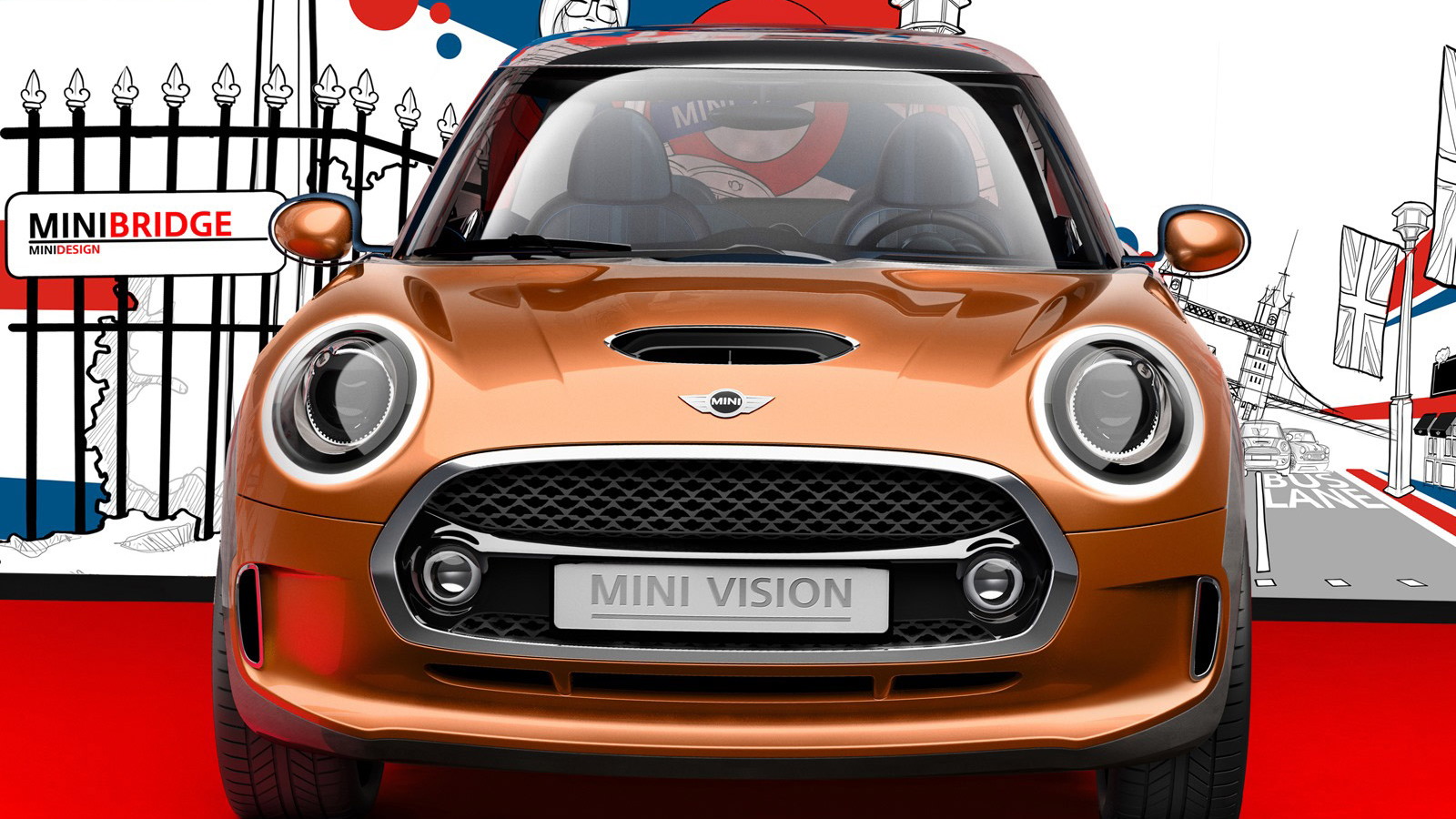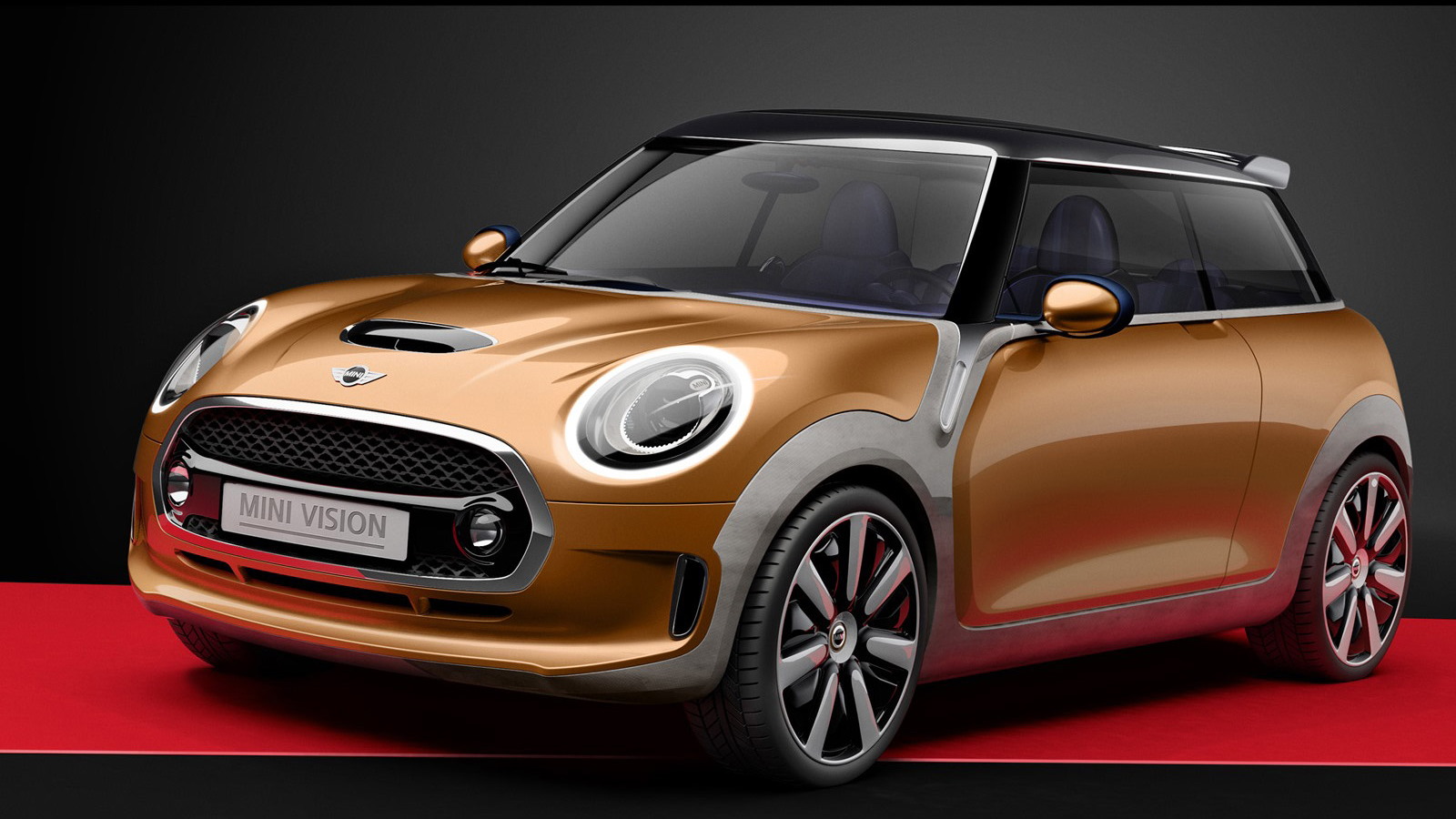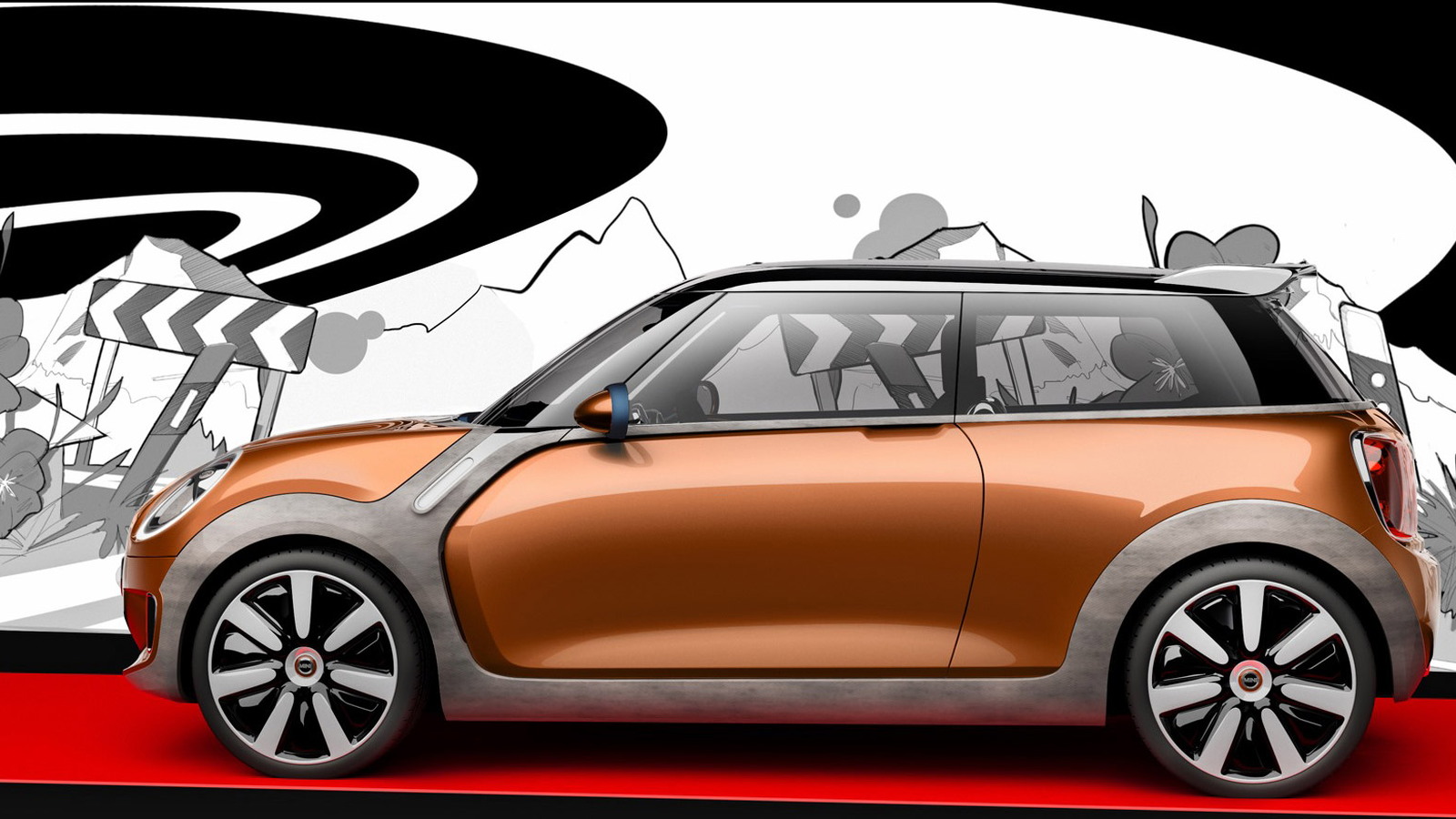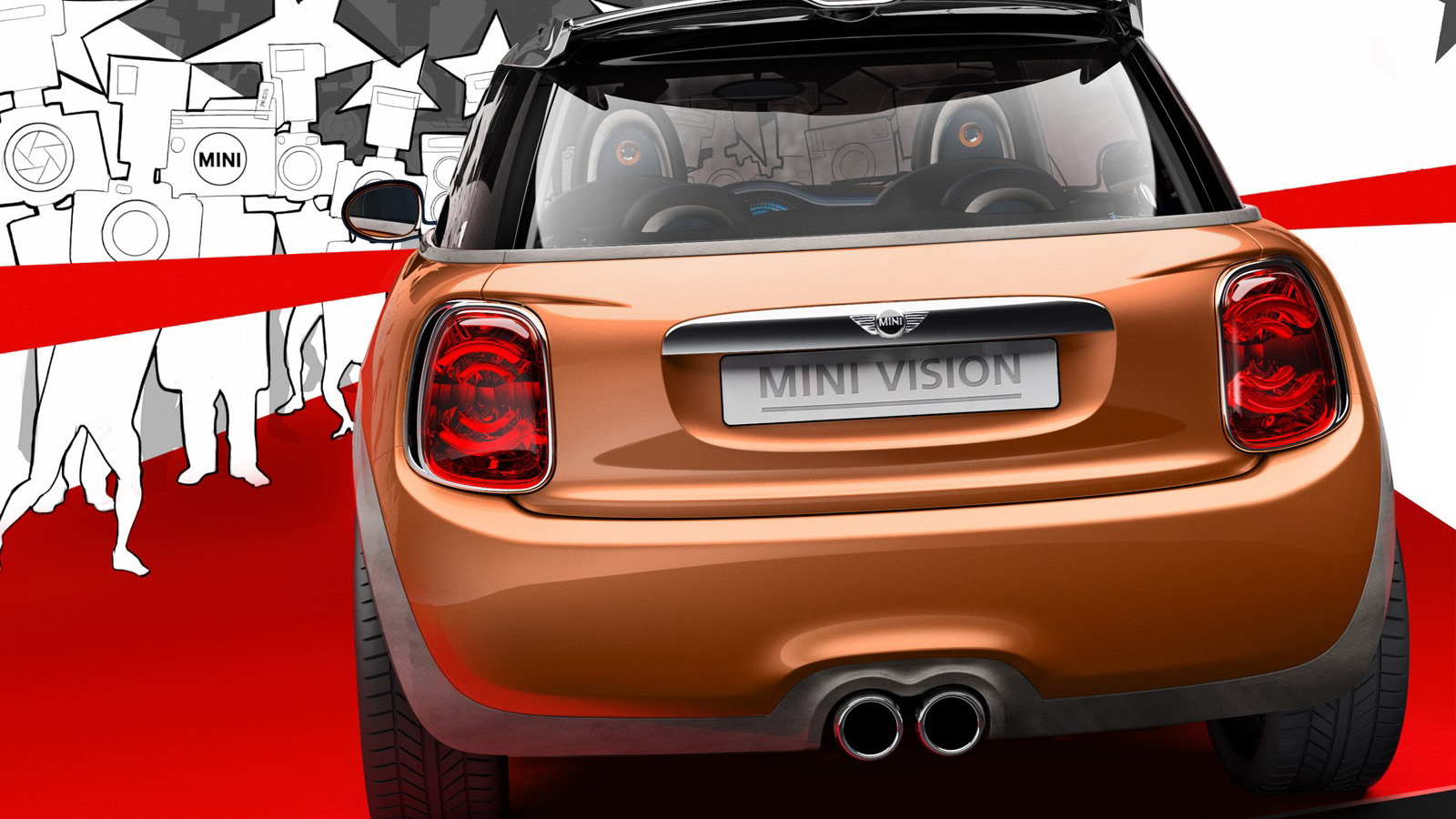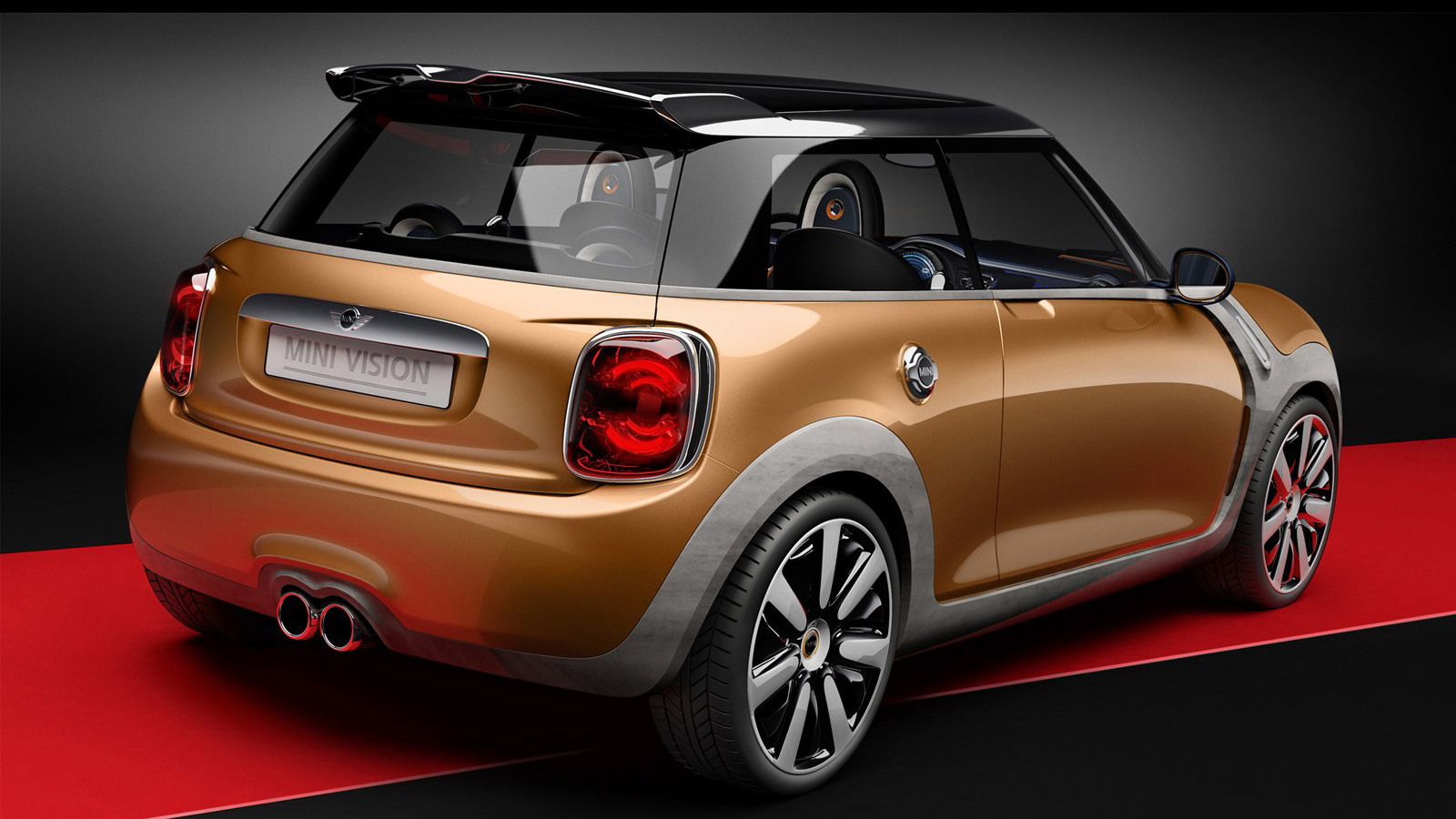The redesigned MINI Cooper that's expected to launch next year will have plenty of new tricks under its refreshed retro skin.
MINI has released details of the retro minicar's new engine and chassis technology.
As before, the Cooper will be available with a transversely-mounted four-cylinder engine, but a three-cylinder engine option will also join the lineup in the new generation.
The two engines are built on the same modular architecture, and will eventually trickle down to other models as they switch over to the new platform.
Both engines will have turbocharging and direct injection, to help wring every last ounce of efficiency out of them.
The new three-cylinder will displace 1.5 liters and produce 134 horsepower and 162 pound-feet of torque (169 lb-ft with overboost), while the 2.0-liter four cylinder will produce 189 hp and 206 lb-ft (221 lb-ft with overboost).
Peak torque for both engines arrives at just 1,250 rpm, although they'll keep spinning up to 6,500 rpm.

MINI’s 1.5-liter three-cylinder engine
MINI will pair the engines with either a revised manual or an automatic transmission.
The manual will have a "gear sensor" that matches engine speed to gear selection, helping to smooth gear changes.
Automatic-equipped MINIs will get an engine start-stop system. On navigation-equipped models, it can also be paired with a system that preselects the most fuel-efficient gear based on the terrain.
That feature is not unlike the Satellite Aided Transmission in the 2014 Rolls-Royce Wraith; German maker BMW owns both MINI and Rolls-Royce.
Also helping to increase fuel economy will be a lighter chassis. Thanks to extensive use of aluminum and high-strength steel, MINI says it has lightened the 2014 Cooper's structure while improving rigidity.
The new engines and lighter chassis mean the new MINI should be even more frugal at the pump, while still possessing the "go-kart handling" that has become a hallmark of the brand.
_______________________________________________
